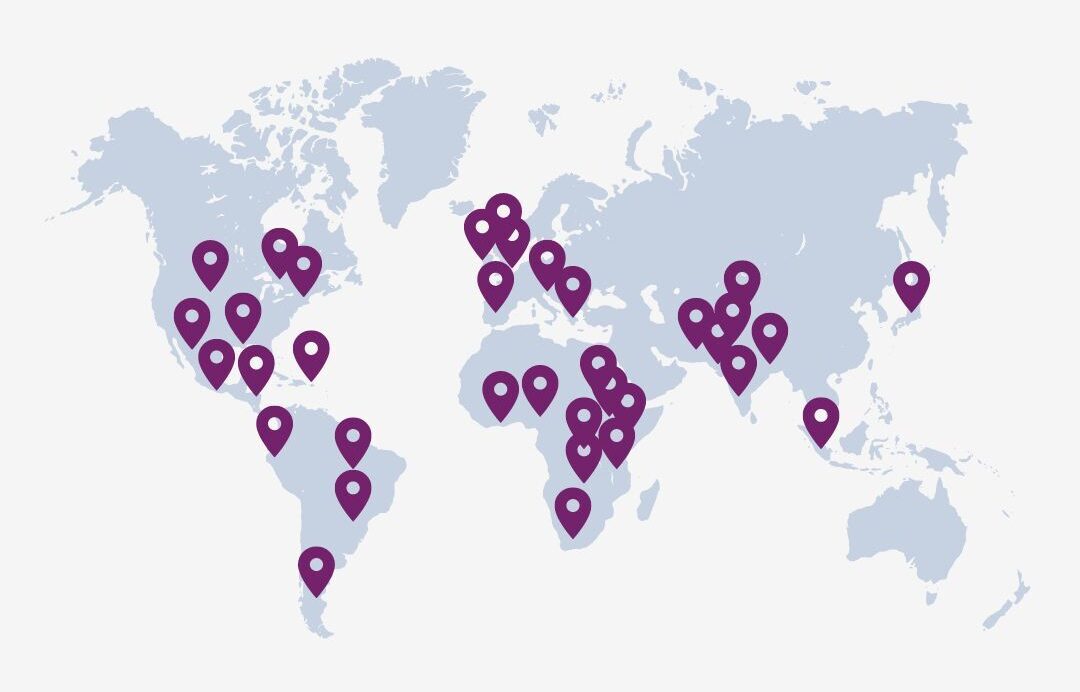In 2021, there were over 3.2 billion people below the age of 24 in the world, and over 50% of the human population of our planet is below the age of 30. That is a lot of young people! But despite this, young voices are missing and unrepresented across almost all fields and sectors in conservation – from international and domestic environmental policy to research-funding bodies.
The decisions we make today will affect young people the most, and so integrating young people across conservation is key to making sustainable and balanced decisions. Young people can bring fresh ideas, diverse perspectives and out-of-the-box thinking to tackling the big issues in the environment; from species extinctions and habitat loss to the underlying systemic poverty and lack of livelihood opportunities that drive many of these impacts.
We at Conservation Optimism are passionate about young people in conservation. Through this series, we hope to create a platform to highlight and amplify youth voices globally. We’ve heard from almost 100 passionate young people who are optimistic about the future of conservation, from more than 30 countries (see our featured map photo).
Young people in Europe were optimistic for a number of different reasons, from the growth of conservation science and technologies and their potential impact to the great work already being done by youth networks and community initiatives, from local communities to landscape-level and national schemes. They recognised youth as the prime ministers, industry leaders and professors of tomorrow, and the potential for youth impact given the already evident impacts seen today.
Q1: What inspires you to feel optimistic about conservation and the future of our planet?
We shine a spotlight on three of our favourite responses here:
“ What maintains my faith is the fact that conservation exists and it’s proven to work. The incoming avalanche of new professionals linked to nature inspires me to continue my journey and believe in the transition to a world where we live in harmony with our environment”.
Ignacio Rodríguez, 24, Spain

Lyndon Howson. photo credit: Logan Colquitt
“Whether it’s participating in school projects about recycling, joining local clean-up events, or simply raising awareness, it’s amazing to witness how much we can achieve when we work together. Seeing the positive impact that young people can have even through small actions makes me believe that together we can create a brighter, greener future”

Manon Verijdt, captured by Tobias van Krieken
Lyndon Howson, United Kingdom.
“ Whenever I talk to conservationists, I feel optimistic, because I know there is a world full of people who care about nature, and its conservation, and they are ready to give it their all to make this world a more beautiful and healthy place”
Manon Verijdt, 25, Netherlands
Q2: Why do you think it is important to involve and amplify youth voices in tackling conservation’s big challenges?
We shine a spotlight on three of our favourite responses here:
“It will be us who will be most impacted by actions taken now. Therefore, we deserve to have our voices heard especially when there are not many young people in positions of power who can make those changes”
Emily Napier, 21, United Kingdom

Youth Discussion at DFID Youth Consultation
“ Young people have evidently transformed the way we tackle environmental issues over the last decade… Their voices are stronger than ever, and with their commitment, they have earned the right to be influential stakeholders in shaping environmental policies and actions”
Stavriana Neokleous, 27, Greece
“The youth is the future. I am glad to be part of a generation unhappy to accept things as they are. The next generations will eventually be the ones making decisions for our world and as such listening to them now and getting nature a part of their lives is the future. We care and are willing to fight for the change we want to see, to spread this positive change we must let young people be involved with conservation and heard. ”
Abbie Robinson, 24, United Kingdom
This is the first in a series of four blogs in this Youth Voice Series focusing on different regions. Stay tuned for upcoming blogs to hear from young people in Africa, Asia and the Pacific, and the Americas and Caribbean. Why not add your voice by resharing our post and letting us know why you are optimistic for the future of nature and the role young people play in this.


